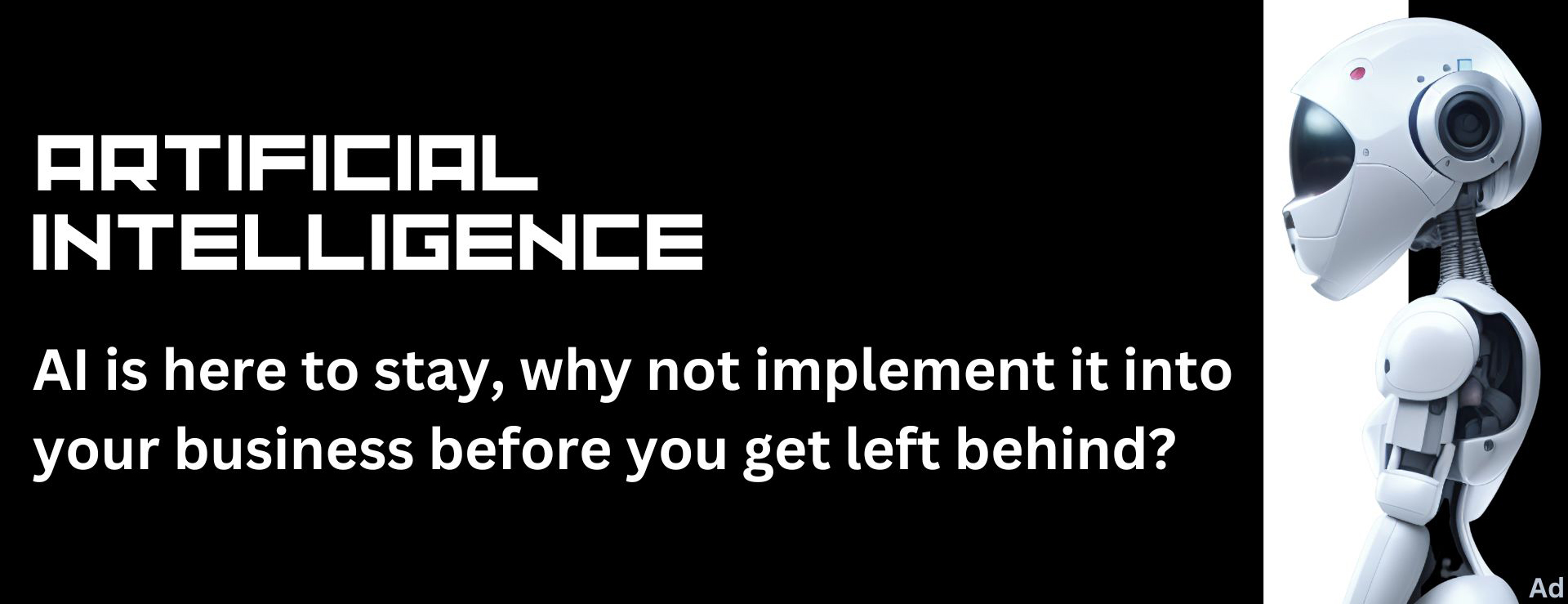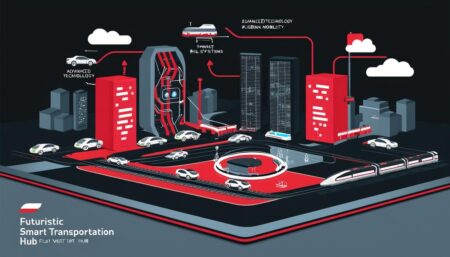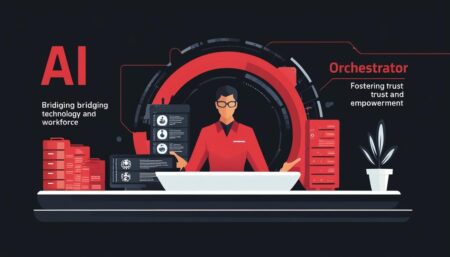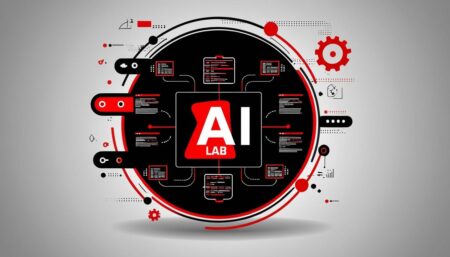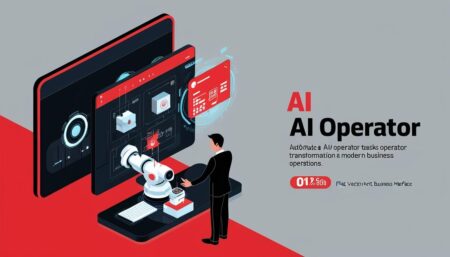A recent report highlights the potential for generative AI integration within the UK public sector, estimating substantial financial savings and operational efficiencies.
Recent research indicates that the incorporation of generative artificial intelligence (AI) within the UK public sector could potentially yield significant financial savings, estimated at around £38 billion over the next five years. The report, commissioned by Google Cloud and titled ‘AI & The Public Sector’, details various methods through which routine tasks may be automated, enhancing operational efficiency, and allowing workers to focus more on creative initiatives.
The research highlights that a considerable share of daily responsibilities within public sector jobs, approximately one-third, could be effectively carried out by generative AI tools. This shift is anticipated to facilitate a more efficient allocation of public resources, promoting enhancements in areas such as healthcare, policing, and education. For instance, automating administrative tasks could result in an additional 3.7 million General Practitioner (GP) appointments and a boost in student-to-teacher ratios, ultimately leading to an estimated cumulative value of £358 billion by 2034. The resulting efficiencies could liberate 8.3% of the current budget for reinvestment into services.
Statistics from the report shed light on the current workforce climate; a notable 61% of public administration workers are reported as feeling overworked, while 70% acknowledge a decline in employee morale. UK Technology Secretary Peter Kyle reinforced the government’s commitment to integrating AI into public operations, with various initiatives underway to enhance information retrieval on official government platforms and diminish bureaucratic burdens in education.
While the report suggests that more than half of public sector positions – 56% – are expected to undergo some degree of augmentation through AI, it also notes that about 38% of roles may remain insulated from displacement due to the sensitive nature of their responsibilities. Furthermore, the anticipated shift in workforce dynamics is expected to create new job roles, compensating for positions that may be phased out due to automation.
Certain barriers have been identified in the proposed transition towards widespread AI implementation. Among the primary challenges are concerns related to the compatibility of existing data systems, with 55% of respondents expressing the necessity for more structured data to effectively leverage AI technologies. Additionally, hesitations surrounding security, legal ramifications, and costs associated with AI deployment persist, and a substantial portion of the workforce expresses a lack of the requisite skills to engage with emerging technologies.
The report further illustrates that governments play a pivotal role in spearheading AI adoption across various sectors, identifying potential challenges, and addressing the structural inadequacies present in current IT systems. To move forward, public agencies are encouraged to conduct assessments to evaluate their specific needs with respect to AI integration, focusing particularly on key areas such as health, education, and transport.
However, the cost implications of adopting generative AI were not addressed in the report, raising concerns about the energy and water consumption needed to run and maintain these advanced systems. This factor introduces additional discussions surrounding sustainability, particularly given the ongoing scrutiny of AI’s environmental impact as it becomes integrated into public and private sector operations.
As the UK public sector contemplates the journey towards AI integration, the convergence of innovation with practical, structural, and environmental considerations remains an intricate aspect of the ongoing dialogue.
Source: Noah Wire Services
- https://www.thinkdigitalpartners.com/news/2024/11/26/research-pitches-ai-to-relieve-under-pressure-public-services/ – This article supports the claim that AI could generate up to £38 billion in annual savings by 2030 and automate up to a third of daily public sector tasks, enhancing operational efficiency.
- https://www.thinkdigitalpartners.com/news/2024/11/26/research-pitches-ai-to-relieve-under-pressure-public-services/ – It highlights the potential of AI to impact vital public services like policing and healthcare, such as freeing up the equivalent of over 160,000 police officers and unlocking 3.7 million more GP appointments.
- https://blog.google/around-the-globe/google-europe/united-kingdom/ai-could-be-the-key-to-unlocking-a-more-efficient-uk-public-sector/ – This report details how AI could automate tasks, improve service quality, and generate significant annual savings, aligning with the estimated £38 billion in savings.
- https://blog.google/around-the-globe/google-europe/united-kingdom/ai-could-be-the-key-to-unlocking-a-more-efficient-uk-public-sector/ – It mentions that AI could automate up to a third of daily public sector tasks, freeing up valuable time for employees to focus on higher-value work.
- https://www.thinkdigitalpartners.com/news/2024/10/02/governing-in-the-age-of-ai/ – This article discusses the current workforce climate and the need for addressing data concerns, security, and legal implications, which are identified as primary challenges in AI implementation.
- https://www.thinkdigitalpartners.com/news/2024/10/02/governing-in-the-age-of-ai/ – It highlights the role of governments in spearheading AI adoption and addressing structural inadequacies in current IT systems.
- https://static.googleusercontent.com/media/publicpolicy.google/en/resources/uk_ai_opportunity_agenda_en.pdf – This report emphasizes the need for upskilling the workforce and addressing data concerns to fully leverage AI technologies, aligning with the identified barriers in the proposed transition.
- https://www.thinkdigitalpartners.com/news/2024/11/26/research-pitches-ai-to-relieve-under-pressure-public-services/ – It stresses the importance of building trust and transparency in AI implementation and the need for robust data security measures and clarifying legal liabilities.
- https://blog.google/around-the-globe/google-europe/united-kingdom/ai-could-be-the-key-to-unlocking-a-more-efficient-uk-public-sector/ – The report urges the government, public sector organizations, and tech companies to collaborate and focus on upskilling the workforce and addressing data concerns.
- https://www.thinkdigitalpartners.com/news/2024/10/02/governing-in-the-age-of-ai/ – This article discusses the necessity for significant changes in business processes and corresponding workforce changes to realize the full benefits of AI adoption.
- https://www.gov.uk/government/publications/artificial-intelligence-sector-study-2023/artificial-intelligence-sector-study-2023 – It outlines the UK government’s commitment to advancing AI development and adoption, including fostering innovation, improving digital infrastructure, and promoting sustainable development.








